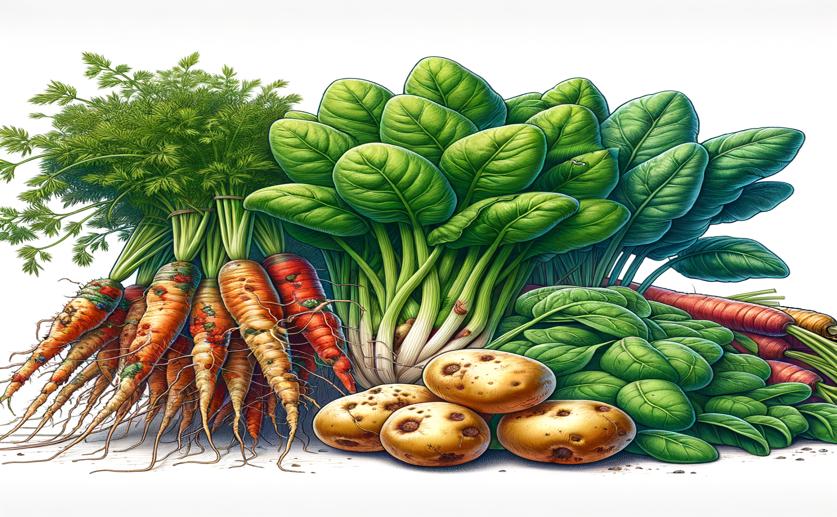
How Pesticide Residues Impact Vegetable Growth and Yield
Greg Howard
9th June, 2024

Image Source: Natural Science News, 2024
Key Findings
- The study took place in Navrongo, Ghana, focusing on vegetable farms near the Tono Irrigation Dam
- Many farmers in Navrongo lack proper knowledge about safe pesticide use, leading to improper application and potential health risks
- Laboratory tests found harmful pesticide residues in vegetables like tomatoes, cabbages, and eggplants, some of which persist even after washing and peeling
VegetablesAgricultureEnvironment
References
Main Study
1) Effects of pesticide residues on the growth and yield of vegetables at Navrongo of Ghana
Published 8th June, 2024
https://doi.org/10.1186/s43170-024-00252-z
Related Studies
2) Pesticide Residue Trends in Fruits and Vegetables from Farm to Fork in Kampala Metropolitan Area, Uganda-A Mixed Methods Study.
3) Agriculture Development, Pesticide Application and Its Impact on the Environment.



 24th February, 2024 | Jim Crocker
24th February, 2024 | Jim Crocker